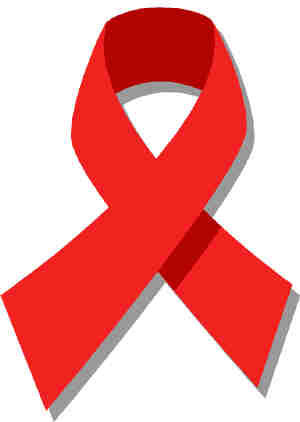
The informal sector wants transparency and accountability in the manner funds collected under the Aids levy are utilised before government extends the tax to those not formally employed.
This was revealed in a research on the feasibility of collecting the Aids levy from the informal sector by New Dimension Consulting (Nedico).
Nedico director Victoria James on Wednesday unveiled the research findings at a Brown Bag discussion at Unicef. She told participants that it was found that the informal sector believed that existence of the Aids levy was crucial, but they did not know what exactly it contributed towards.
James said her organisation visited different towns, including Zvishavane where there were a lot of illegal mining activities, to collect data for the research. She said most people felt that Zimbabweans were heavily taxed; facing a lot of economic challenges, and also raised the issue of illegal tax collectors at places like Mupedzanhamo who burdened informal traders with demand of payment for dubious fees.
“Most of them said it was important for the Aids levy to exist as it helps in acquisition of anti-retroviral drugs, but they gave reasons such as lack of transparency and accountability, as well as failure to formalise the informal sector as hindrances,” James said.
“In Buhera, people in the informal sector said they often saw National Aids Council employees in big cars, adding they did not know how much it cost to run the Aids levy, while people in Beitbridge said in order for the informal sector to contribute they needed to be formalised, but the challenge was that everything was centralised in Harare.”
It is estimated that 80% of Zimbabweans survive on the informal sector where a staggering $7 billion was said to be circulating. Resources for combating HIV and Aids were reportedly dwindling as the formal sector contributed a quarter of the funding while three-quarters came from donors.
Participants at the discussion asked why Aids was the only disease which was considered for levying instead of having an omnibus Health levy.
- Chamisa under fire over US$120K donation
- Mavhunga puts DeMbare into Chibuku quarterfinals
- Pension funds bet on Cabora Bassa oilfields
- Councils defy govt fire tender directive
Keep Reading
UNAids country coordinator Michael Bartos said this was due to the fact that 30% of lives were lost due to HIV and Aids, while 10% of deaths were attributed to diarrhoea, and cancer accounted for 1 700 deaths.
“At the moment it is the single biggest health problem, but maybe 10 to 20 years from now the Aids levy will stop being a problem,” Bartos said.











